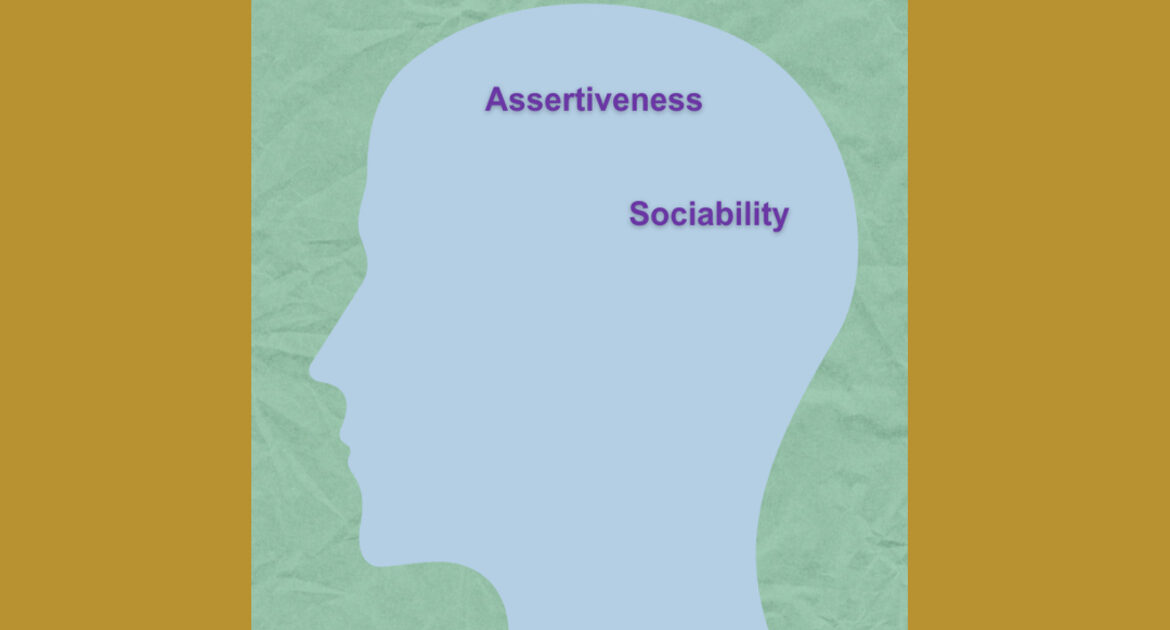How Assertive Are You? How Sociable Are You?

What are behaviors of the people you admire and respect most? What about the most effective leaders you’ve worked with previously? How did they conduct themselves under pressure? Was their behavior beneficial and productive?
Good leaders act purposefully to achieve their desired outcomes; sometimes, this requires performance. My coach and mentor, University of Michigan Football Coach Bo Schembechler, excelled at using behavior to produce results. Years after graduating, I attended a football practice and witnessed Bo get upset. He threw his hat on the ground and grabbed the jersey of a large offensive tackle who had made a mistake, confronting him directly to emphasize that mistakes cannot be repeated. After delivering his message, Bo walked over to pick up his hat and gave me a big wink as if to say, “That was pretty good, wasn’t it?”
Bo understood how to use assertiveness and sociability to achieve a desired outcome.
The characteristics that fuel the behaviors we admire and respect in others also exist within ourselves, even if they are not fully developed for use when under pressure. Most behavioral assessments focus on four behaviors: assertiveness, sociability, calmness, and conformity. We hold a biased position in each behavior, ranging from low to high intensity. Those who display behaviors that are noticeably at either a high or low level of intensity do not require an assessment.
Assertiveness
When attending a meeting, we notice that some people speak loudly and hold their heads high while entering the room, indicating that they will be vocal participants. In contrast, others come in silently and with their heads down, suggesting we may not hear much from them during the meeting. While this observation may not be as precise as conducting a formal assessment, it helps us identify where we naturally fall on the assertiveness scale.
On the scale below, which words best describe you in your most natural state when you are not fully engaged? Behaviors below 3 and above 7 are easily noticeable.

Sociability
Individuals who are high in sociability typically have many friends and are often very active on social media. They seek solutions to problems from groups of people. In contrast, those who are lower in sociability tend to be more introverted; they think and solve problems internally using logic.
On the scale below, which words best describe you in your most natural state when you are not fully engaged? Behaviors below 3 and above 7 are easily noticeable.

No type of behavior is better than any other—what matter is whether it leads to a desired outcome.
We hope this offers insights into respecting yourself and others for their natural behaviors. Our behavior reflects how we have learned to survive up to this point. To lead a purposeful life, we may need to adjust our behavior to be more intentional.
Next week, we will discuss the final two behaviors: calmness and conformity. We will conclude this series by examining how these behaviors collectively impact living a purposeful life.






